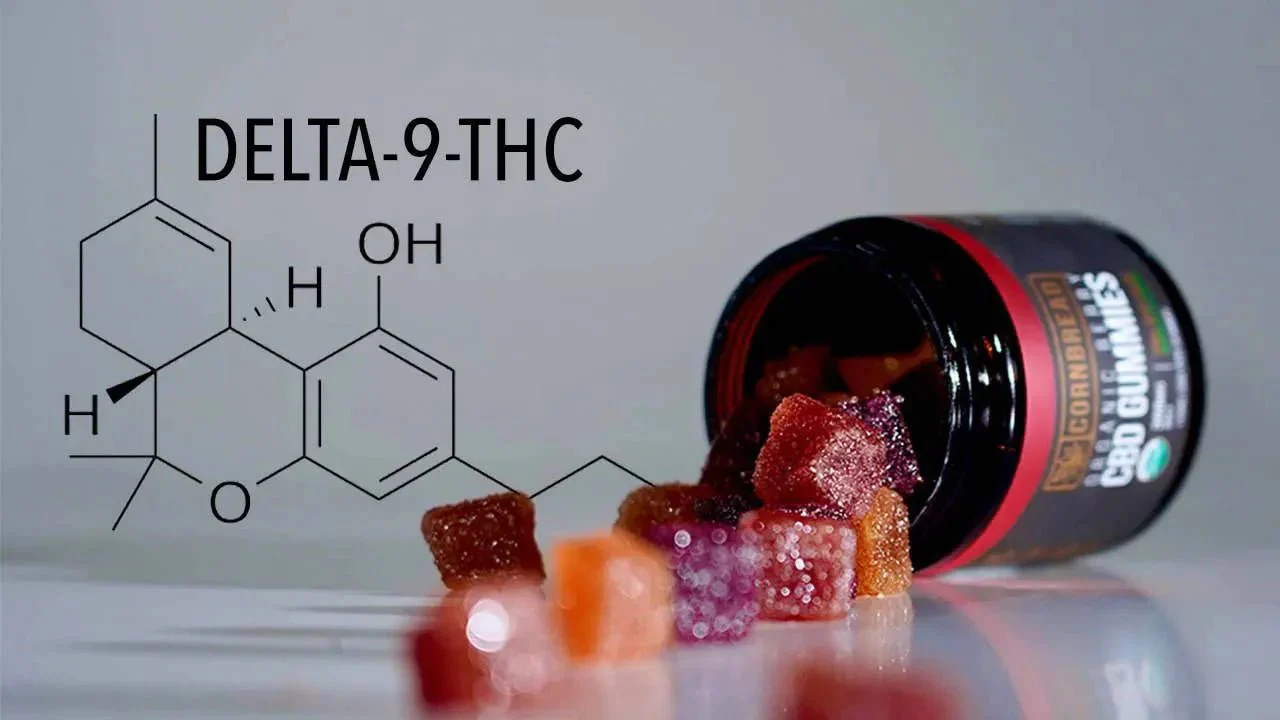THC gummies online have surged in popularity, offering consumers a convenient and discreet way to enjoy the effects of THC. However, the legal status of these products can be complex and varies significantly depending on location. Navigating the legal framework surrounding THC gummies requires a clear understanding of regulations, enforcement, and consumer rights.
Understanding THC and Legal Definitions
THC, or delta-9-tetrahydrocannabinol, is the psychoactive compound found in cannabis that produces the “high” associated with marijuana. In many regions, including the United States, THC is classified as a Schedule I controlled substance under federal law. This categorization means that its production, sale, and possession are heavily regulated.
Federal Laws and Regulations
Under federal law in the U.S., the legality of THC gummies hinges on the classification of cannabis and its derivatives. The passage of the Farm Bill in 2018 legalized hemp-derived products containing less than 0.3% THC on a dry weight basis. However, products derived from marijuana, which contains higher levels of THC, remain federally illegal under the Controlled Substances Act.

State-by-State Variations
While federal law provides a baseline, states have significant autonomy in regulating cannabis and THC products. Many states have legalized medical and/or recreational marijuana, allowing for the legal sale of THC gummies within their borders. Others maintain strict prohibitions, classifying THC as a controlled substance regardless of its form.
Licensing and Distribution Requirements
In states where THC gummies are legal, strict licensing requirements often govern their production and sale. These regulations ensure product safety, quality control, and compliance with local laws. Distributors must adhere to packaging and labeling guidelines that disclose THC content and provide warnings about potential health risks.
Online Sales and Interstate Commerce
The legality of purchasing THC gummies online depends on both the buyer’s and seller’s jurisdictions. While some states permit intrastate sales, interstate commerce of THC products remains prohibited under federal law. Consumers must verify the legality of purchasing and possessing THC gummies in their state before making online purchases.

Consumer Rights and Responsibilities
Consumers of THC gummies bear responsibility for understanding and complying with local laws. It is crucial to purchase products from licensed dispensaries or reputable online retailers that provide transparency regarding product origins, THC content, and compliance with state regulations. Failure to do so could result in legal consequences.
Enforcement and Compliance Challenges
Law enforcement faces challenges in enforcing THC-related laws due to variations in state regulations and the evolving legal landscape. Federal authorities may intervene in states where cannabis remains illegal, complicating enforcement efforts and creating legal uncertainties for consumers and businesses alike.
Conclusion
Navigating the legal framework surrounding THC gummies requires careful consideration of federal, state, and local regulations. Consumers should prioritize purchasing from licensed sources and educating themselves about legal requirements to ensure compliance and mitigate legal risks. As laws continue to evolve, staying informed is crucial for anyone interested in responsibly enjoying THC gummies.


